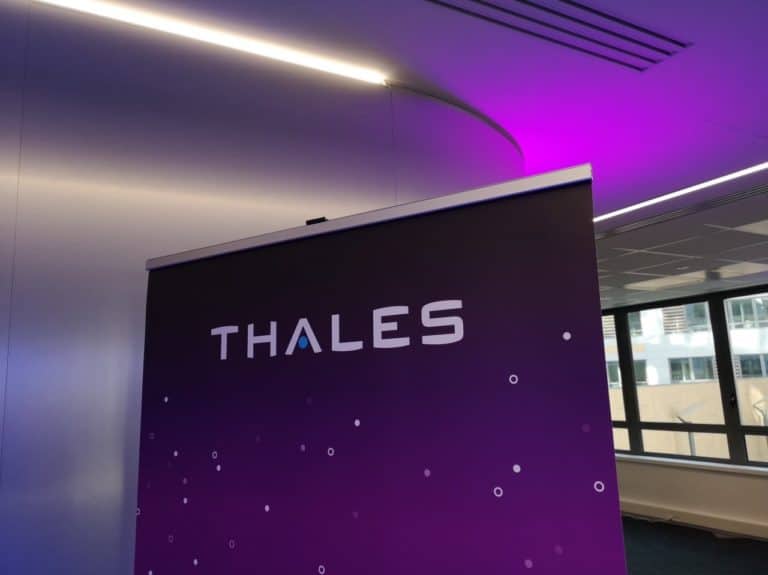Thales and Gemalto have been granted an antitrust exemption in the United States. Earlier this month, the two companies were granted permission by the Ministry of Justice to take over Gemalto by Thales. Today, a judge also approves the antitrust exemption and the completion of the takeover is one step closer.
The acquisition has already been approved in China, Israel, New Zealand, South Africa, Turkey, the European Union, Australia and Mexico. The companies also received approvals for foreign investments in Australia, Canada and the United States. This means that Thales and Gemalto now have 12 of the required 14 regulatory approvals.
A year and a half
Thales made its first takeover bid for Gemalto a year and a half ago. In the end, the company agreed to a sum of 4.8 billion euros. In a short period of time the companies of the Australian as well as the European market watchdog were given the green light for the acquisition, but in other countries such as the United States and also in Russia, the process has proven to be somewhat more complicated.
Several governments and market watchdogs feared that the takeover would lead to higher prices for some of the companies’ products. This would also have a negative impact on choice and innovation. However, these concerns have been allayed by the companies by, among other things, promising to sell nShield. This would in any case keep competition in order and thus also innovation in the market.
Almost round
According to a joint announcement, Thales and Gemalto will continue to cooperate with the competent authorities in Russia. They are expected to complete the acquisition in the course of March 2019. Then the two major providers of security go hand in hand and a gigantic company emerges. Thales has 66,000 employees worldwide and achieved a turnover of 15.9 billion euros last year. Gemalto, the world leader in digital security, was able to write 3 billion euros in books and employs 15,000 people.
This news article was automatically translated from Dutch to give Techzine.eu a head start. All news articles after September 1, 2019 are written in native English and NOT translated. All our background stories are written in native English as well. For more information read our launch article.